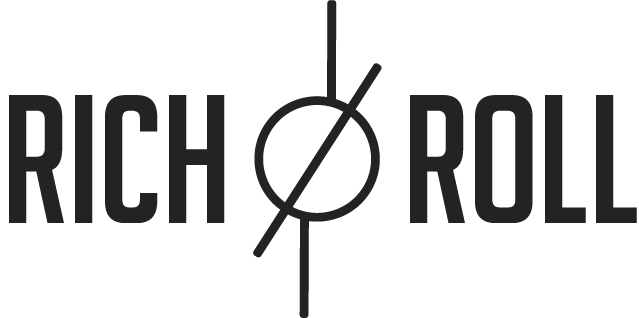In the wake of my recent article for CNN, I have received hundreds of e-mails from people all over the world wondering how I could train for and be competitive at an event like Ultraman on a diet entirely devoid of animal products. The queries ranged from curious wonderment to outright disbelief. Some called me irresponsible or even unrealistic. Some even called me a liar. No meat? No dairy?!? That is impossible!
No, it is not impossible. Not only is it possible, I suggest that in some cases, and for some people, it just might be advisable.
Just so we are clear — I am not a doctor. I’m not a registered nutritionist. But I have done my homework. And instituting a plant-based diet has made an unbelievable difference in my life. I believe it is the future. But please know that I am only here to share my personal experience, not to proselytize. Always consult your physician or registered dietician / nutritionist before implementing any drastic changes. Begin slowly, and be patient. This is not an overnight miracle — it is a long term life changing plan that should be embraced as an ongoing “process” rather than a “destination” with an end point.
I realize that conventional wisdom suggests that one MUST eat meat and dairy if you want not only optimal wellness but also if you want to train and race at your peak, build muscle, and recovery properly. I respectfully disagree, at least when it comes to me. Maybe its the punk rocker that lives deep down inside me, but part of the past two years have involved taking this notion head on and putting it to the test. Turning it on its head. I think my personal transformation and Ultraman results speaks for itself.
In response to all the questions, this is the first in many posts in which I will share what I do and what has worked for me as I endure 20 – 30 hour training weeks in preparation for my second Ultraman World Championships, all while simultaneously working full time and being a husband and a father.
First off, if this subject interests you at all, I suggest checking out a few books that are incredibly informative on the subject, two of which are written by incredible endurance athletes I respect tremendously:
THRIVE: by professional Ironman athlete, ultra-runner and friend Brendan Brazier. This book is a cornucopia of great scientifically backed information on not only overall wellness but also on performance nutrition on a plant based diet. It is pretty fascinating.
THE ENGINE 2 DIET: by my buddy and former pro triathlete and All-American swimmer Rip Esselstyn. Currently a fireman, Rip put his fellow fire-fighters on an all plant-based diet, sat back and watched their cholesterol levels and weight drop in dramatic fashion. Its a great read and if macho firemen can become converts, you know this is not for sissies. This book is lighting up the best-seller charts — you might have caught Rip in one of his many TV appearances on shows like Good Morning America and the Today Show, among others.
PREVENT AND REVERSE HEART DISEASE: By Dr. Caldwell Esselstyn, Rip’s father and renown cardiologist. Dr. Esselstyn has conducted the longest-running study, with the most impressive results, of any study in which heart disease has been arrested and reversed. By instituting a low fat plant based diet for his patients, Dr. Caldwell has actually and very dramatically reversed heart disease in countless patients. The before and after angiograms are nothing short of astounding.
REAL FOOD DAILY COOKBOOK: I am lucky in that I live near a fantastic vegan restaurant Real Food Daily, among others. Plus my wife is an unbelievale vegan cook. But if you are not in LA and don’t have a wife like mine, no worries — you can get the RFD cookbook, which has great recipes for everything from nachos to burgers to amazing desserts, all vegan.
The cornerstone of my plan has been my Vita-Mix. Its like a blender with a jet engine that makes juice out of literally anything. And unlike a juicer, you can blend and entire fruit or vegetable into juice into a form such that your body is able to easily digest maximum nutrients and obviating the need to go through the boatloads of produce a juicer requires (and which also extracts much of the nutritious portions of the fruit or vegetable). I use this machine daily, often 2-3 times per day. Its expensive (about $400) but I can’t imagine not having it. Well worth the investment in my opinion.
In very general terms what I have discovered by virtue of this diet is that I tend to have good lasting energy all day, without the peaks and valleys I used to constantly endure. I eat smaller meals and sometimes more than 3 meals per day, and my appetite is significantly reduced. Why? Because the foods I eat are so high in nutritional value that my body is sated. When you eat processed foods or foods lacking in significant nutritional value, you may be getting calories, but these calories are generally “empty”, leaving your body wanting, sometimes starving for real nutrition, which creates hunger and a cycle of craving that is difficult to break.
In addition, I have found that I am able to repair my body and recover well from workouts and am able to bounce back fresh day in and day out. Believe me, if I felt like I really needed to eat meat or dairy over the last 3 years, I would have. I just never felt like I really needed to.
Ultra marathon legend and plant-strong Scott Jurek claims that his body has become so adept at absorbing his nutrient rich foods that he needs to eat less and operates at a higher efficiency. I can honestly say that I know what he is talking about. And I think he and Carl Lewis (who performed at his peak on a plant-based diet) know what they are talking about.
A contributing factor to this is the fact that a plant-based diet (if done right) is highly alkalizing, stabilizing the body’s optimally functioning pH. In oversimplified terms, animal products and processed foods tend to be highly acidic, and an acidic pH leads to inflammation, fatigue and disease, among other things.
There is also this well-held notion that you need a lot of animal protein in your diet to perform as an athlete. I simply do not believe this to be true. In a future post I will address this subject in detail. But for now, suffice it to say that there is alot of misleading information out there about protein intake and just how much (and what kind you need). In essence, you can and will get all the protein you need from a plant based diet if properly implemented.
Here’s a brief rundown of some of my standbys and favorites, meal by meal. If you have a Whole Foods or similar type of grocer nearby, you can get everything there. Otherwise, you may need to check your local health food store for some of these foods, such as gluten free pastas and breads, etc. If you strike out there, everything is available online.
Again, this is just a general starting point, and I will begin to flesh out my program in greater detail in future posts:
BREAKFAST:
I usually have some variation or combination of the below ingredients in a Vita-Mix blended drink, which I vary day to day. All produce is organic.
Carrot, beet, kale, spinach, orange, apple, blueberry, banana, lemon, avocado, coconut oil, coconut milk, flax seed, chia seed, macca, VEGA EFA Oil, VEGA Whole Food Optimizer, blueberries
Gluten free toast with peanut or almond butter
Gluten free cereal (corn flakes or corn or rice based cereals)
Almond milk or coconut milk
Hemp protein powder
Coconut water
SNACK:
Organic energy bars
Almonds
Raisins
Kombucha
Gluten free crackers
blueberries
walnuts
coconut water
kale chips (baked until crunchy with small amount of olive oil and sea salt)
LUNCH:
brown rice & beans (green, black or kidney)
Veggie Burritos (preferably with a gluten free tortilla, but this can be a tall order)
various veggie broth based soups
Veggie Sushi
Salads of all kinds (just no dairy based dressing); I use Bragg’s Aminos
Avocados
Juice (carrot / beet / kale / wheatgrass / orange / berry) – preferably organic
Kombucha
DINNER:
Rice
Beans (all types of green, red & black)
Lentils (black & red)
big salads with assortment of veggies
Vegan nachos (see Real Food Daily Cookbook — cashew cheese)
Veggie Burgers (prefer homemade but if store bought, I make sure gluten free — most of them are not — its the gluten that makes them stick together)
Gluten free pasta (with tomato or vegan pesto sauce)
Veggie chili
Soups (non-dairy)
Cauliflower (with cashew cheese)
Greens of all kinds — broccoli, spinach, green beans, brussel sprouts, etc. The more the better. Organic greens are always the focus.
More juicing!
Potatos — salad, baked, broiled; potato salad made with vegenaise & sea salt
Water — lots of water!
CONDIMENTS:
Bragg’s Aminos
Vegan Ceaser dressing
Sea salt
Olive oil
Coconut oil
Flax seed oil
Mustards
Veganaise
Peanut / almond butter
Jellies
Earth’s Balance buttery spread
Again, this is just a very general overview from 10,000 feet. I plan on going into greater detail in future posts subject by subject.
I hope this is helpful!

